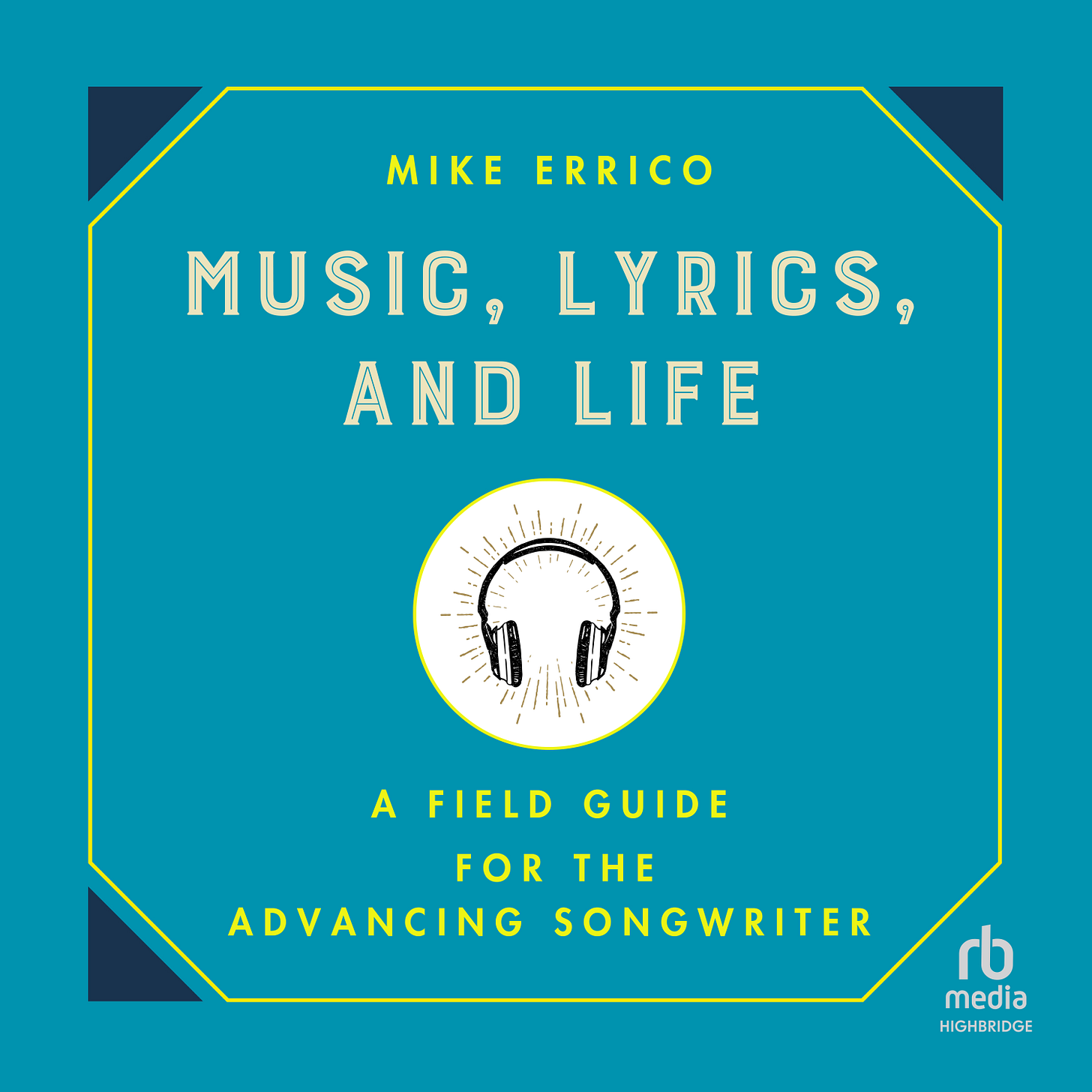The Dual Art of the "Protest Song"
Leave it to Ani DiFranco to define the true power of political music.
In my last post I talked about the power of song to bring people together.
A song has an infectious kind of reach and a repetitive simplicity that teaches us how to sing along—and then how to congregate and sing along together. Before you know it, a song can define a community.
I meant to show the positive power of songwriting, but I also mentioned the flip side:
If you think that’s…not that big of a deal, consider the societies that crack down and censor what we do.
Things don’t get banned for having no power.
Anything that has the power to bring people together has the power to threaten those who’d rather everybody stay apart. And let’s be honest: We’re hearing the word “banned” a lot, lately. That might be why Rolling Stone just released their list of “100 Best Protest Songs of All Time.”
Honestly, I’ve never been sure what protest songs actually accomplish. I want them to change hearts and minds and have bureaucrats nod their heads and decide not to drill in the arctic or wage war—but you know? I want a lot of things. As a result, I haven’t taught protest songs in my classes; instead, I’ve leaned into “parody songs” and satire as a viral backdoor to protest. The reason is simple: When people are laughing, it’s absolutely shocking what you can say to their faces.
My lack of faith in protest music clashes with the fact that Ani DiFranco is my north star, and pretty much always has been. She uses the guitar differently, and she uses language differently—and she’s funny, in a very acidic, sarcastic, (and, to me, Southern Italian) kind of way. She reminds me of edgy comedians like Chris Rock or Dave Chappelle, who get you laughing…but also thinking. Or maybe she’s like Chuck D. who once referred to hip-hop as “the black CNN”—yes, you’re blowing out your speakers…but you’re also thinking.
In each case, there’s deep water there, if you want to dive in. And there’s deep grooves and hooks if you don’t.
In case you don’t know her, Ani DiFranco is an endless study. She was independent when the term was career suicide; she’s prolific in a way that would make a TikTok’er look lazy; she inspired a kind of fanbase that, while smaller, has an identity as realized as anything a branding campaign could dream up; and, as a writer, her memoir, No Walls and the Recurring Dream is, to me, as compelling as Patti Smith’s Just Kids for both insight and sentence-level enjoyment.
Ani’s song “Fuel” was included in Rolling Stone’s list, and I happened to scroll by an interview where she was asked her reaction. She took the opportunity—while smiling, being gracious and inviting—to define the “protest song” in a way I never had.
There’s one thing that the term “protest song” doesn’t really indicate…Of course there’s a lot of pushing back that happens in protest music, which I think is very important [for] fueling the energy of resistance, but the term “protest song” doesn’t speak to the fact that each of these songs also presents an alternate worldview… While you’re pushing back against the status quo you’re also giving voice to a different way of being—a different way of seeing, a different perspective—and I think that’s maybe almost the most powerful and important part of political music.
It’s that second part of her definition that so many protest songs seem to miss. The active—almost easy—part is to point a finger at the bad guy, or slip a daisy down the barrel of a machine gun, or stomp around indignantly spraying lyrical gasoline into the air. The hard part is answering the question, “OK, big shot. So what’s your alternative?” That requires a level of thought and consideration and reading and synthesizing that separates a tantrum from a treatise. Don’t get me wrong, I love a good tantrum, but without that second part, a protest song risks losing relevance as the hot-button issue that inspired it cools off.
Notice also how she calls out the inadequacy of the term “protest music,” changing it to “political music.” Perhaps because the “protest” part has always been only half of the equation. I think this is a point that Rolling Stone fundamentally missed. While there are so many great, important songs here, a piano ballad like John Lennon’s “Imagine” isn’t even there. Checking the lyrics, Lennon’s ask is to imagine there’s a) no heaven, b) no countries, c) no possessions, and d) no need for greed. Juxtaposed with our current obsessions with a) religion, b) the border, c) nationalism, and d) the excesses of billionaires, you’d think it would be #1. Or top 10? Or even on the list? No offense to Nena, but “99 Luftballons” is on there. I mean, great song, but...
Maybe political music, at its best, points fingers, but also remembers to present alternatives. Just like other forms of songwriting, it invites listeners into a different reality, and when that invitation—the song—is captivating enough, listeners are more inclined to accept it. No wonder it can be so threatening.
My book, Music, Lyrics, and Life, is available in print and audiobook (narrated by me).
Personalized, signed copies are available on Bandcamp — get 25% off with the promo code: substack2025
…and if this is all too much, you could just buy me a coffee. Cheers.







neunundneunzig?